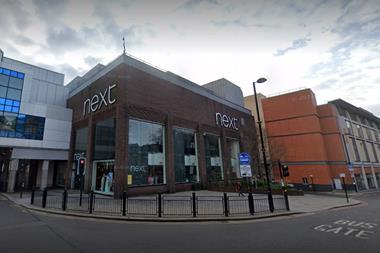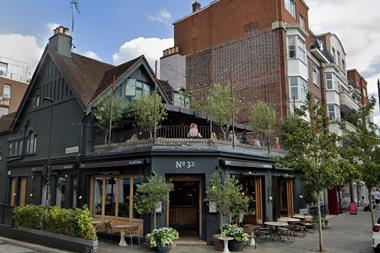Hard-pressed retailers in England face a massive 16% average increase in their rates bills from April 2010, according to new research from GL Hearn and Investment Property Databank (IPD) published today.
By contrast, office occupiers will see an average increase of just 3.1% while industrial occupiers will see a 1.5% increase, well below inflation. Business rates are a substantial cost to occupiers and generally work out at 40% of a year’s rent.
The new bills are based on the rateable value of business premises, which are reassessed every five years.
The latest reassessment is based on rental values as of 1 April 2008.
The 16% rise faced by retailers is based on a large, long-term increase in the value of retail property that occurred between 2003 and 2008.
Rental values across the sector have risen by 20.8%. Average office and industrial rents rose by just 7.5% and 5.8% over the same period.
The rates increase will be a further blow to retailers who have suffered a dramatic reversal in their business performance.
Christopher Hedley, director at IPD, said that while total annual returns from the FTSE 350 retailers stood at around 30% in June 2007, this had fallen to -30% by July 2008.
Blake Penfold, head of rating at GL Hearn, called on occupiers to lobby the government over the increases. ‘If you don’t, the government will assume that this tax is vote-free and they can carry on manipulating it as they like.’
Occupiers face a further blow from April 2010 when councils will be able to charge a new business rates supplement of 2p in the pound to pay for infrastructure.
London mayor Boris Johnson has indicated his wish to use the supplement to pay towards Crossrail.
The British Retail Consortium director general Stephen Robertson said: 'Extra costs inevitably filter through to higher prices for customers. This research provides worrying evidence that retailers, already suffering the economic slowdown and increases in property costs, have worse to come. The Government should accept it can best help customers by enabling retailers to keep prices down. With growing uncertainty about the rental property market since the April 2008 valuation date, it must look again at the basis of this revaluation. It must also reintroduce Empty Property Rates Relief and reconsider its plans for Business Rate Supplements.'
The BRC said rents have fallen since April 2008 and are expected to continue falling, placing an unfairly high burden on retailers.





























No comments yet